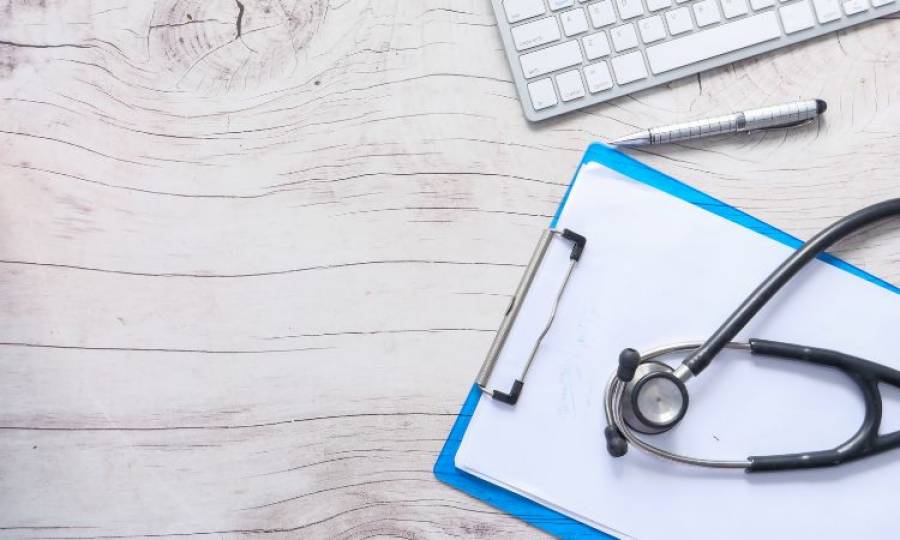Lastest medical equipment at SIUT in Karachi for renal patients

KARACHI: UNHCR, the UN Refugee Agency, has donated 85 state-of-the-art dialysis machines to the Sindh Institute of Urology and Transplantation (SIUT) in Pakistan as part of a coordinated effort to boost the delivery of health services in Sindh Province.
The project, which the European Union supports, aims to increase the Renal Unit's capacity to perform more dialysis sessions and relieve the demand for public services. The committed medical staff at SIUT conducts approximately 1,500 dialysis sessions every day. Medical care is provided at no cost to all patients, regardless of nationality or legal standing.
The technology, which comprises six reverse osmosis treatment systems and six automated dialyzer reprocessing procedures, will save the lives of refugees and host populations.
The life-saving equipment was inaugurated at a ceremony attended by hospital medical staff, UNHCR representatives, and Pakistani government officials.
In addition to funding 85 dialysis machines for SIUT, the European Union has provided funding for vital equipment for a Thalassemia Unit, a Gastroenterology Unit, and state-of-the-art CT scanners for refugee-hosting communities.
The donation demonstrates the EU's commitment to supporting refugees and host communities through a three-year project focusing on enhancing health, education, livelihoods, and protection initiatives in Afghanistan, Central Asia, Iran, and Pakistan. The investment has been building on EU development assistance to Afghan and Pakistani host communities since 2018.
Noriko Yoshida, UNHCR Representative to Pakistan, stated, "Our support today to the people of Pakistan is a gesture of solidarity and gratitude for the decades of hospitality offered by the Government and people of Pakistan to Afghan refugees."
Prof. Adib Rizvi recounted the institution's services and stated that since 1971, SIUT has provided exceptional healthcare services to all patients, regardless of their nationality, caste, skin colour, gender, or religion, completely free of charge with dignity and compassion.
He stated that this donation would allow us to treat and manage the massive kidney failure patient group effectively.
Trending
Popular
Sindh pledges vigorous action to prevent poliovirus transmission
-
PMA stresses health equity on World ...
04:08 PM, 9 Apr, 2024 -
Dow University’s new rabies vaccine ...
12:18 PM, 28 Mar, 2024 -
IRD role lauded in advancing ...
02:53 PM, 12 Mar, 2024 -
Over one billion people worldwide ...
09:48 AM, 5 Mar, 2024




